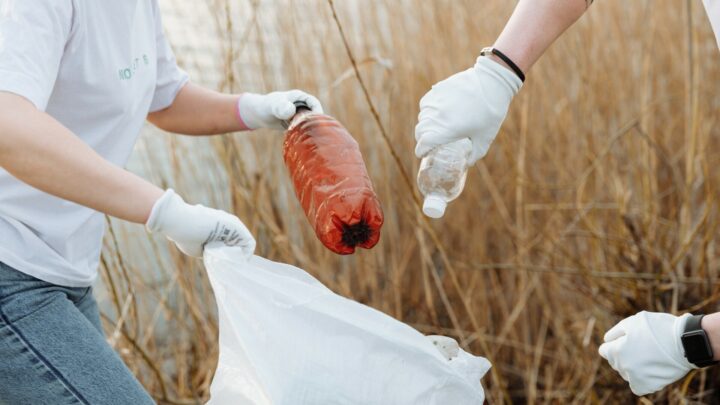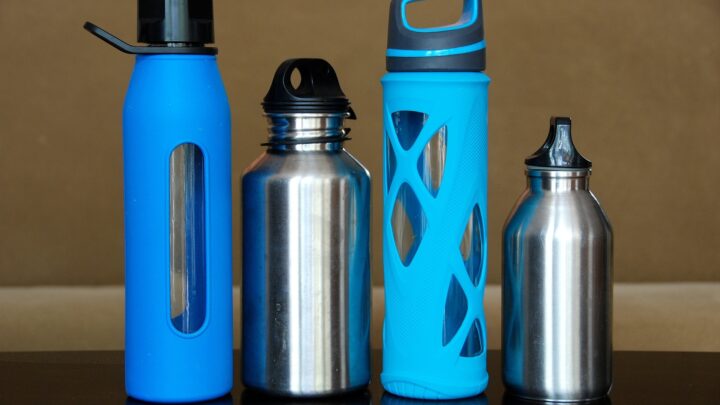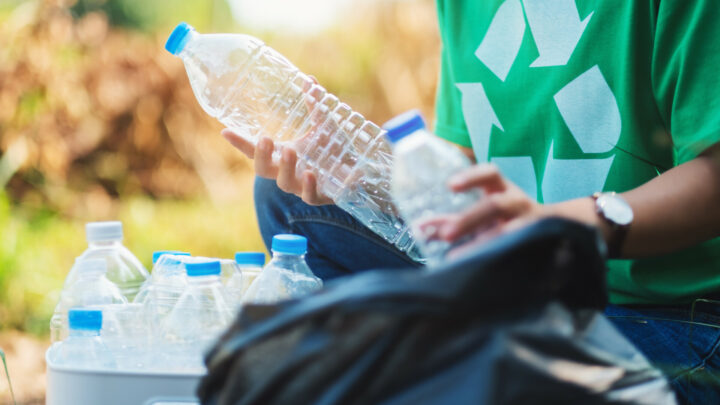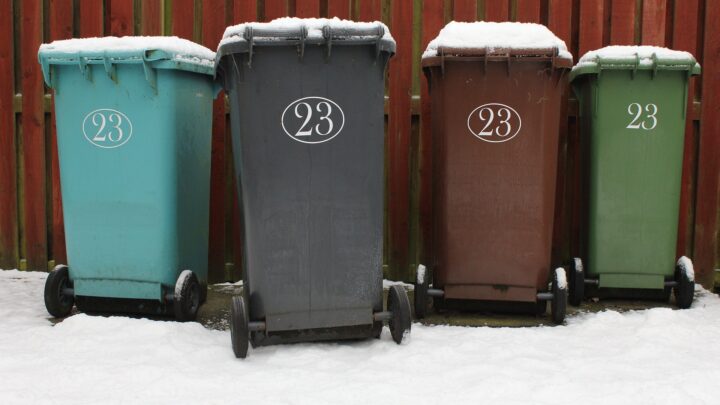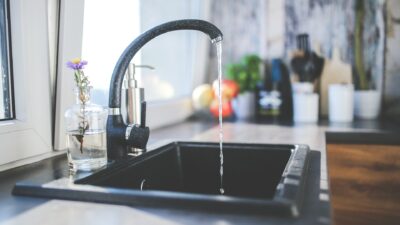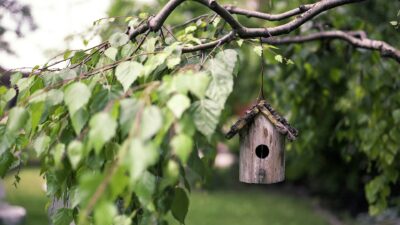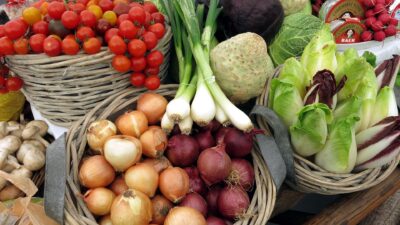The 4R’s: Reduce, Reuse, Recycle and Refuse
By following these simple steps, greenhouse gas emissions are automatically reduced by decreasing waste sent to landfills and incinerators!
Some ideas on the four R’s are below.
Reduce
Reduce Food Waste
When we throw away food, we are not only throwing away money but we are also filling up landfills, wasting water and creating harmful methane gas.
It is estimated that households in the UK throw away 6.6 million tonnes of food per year, of which 4.5 million tonnes is edible!
- Food waste is a bigger cause of Climate Change than plastics –Methane, released into the atmosphere from food decomposing in landfill, has over 21 times more warming power than CO2.
- UK households waste on average £700 per year by throwing food away.
- 33% of food is wasted before it even reaches our plates – this can happen during harvesting, processing, transportation, storage and retail.
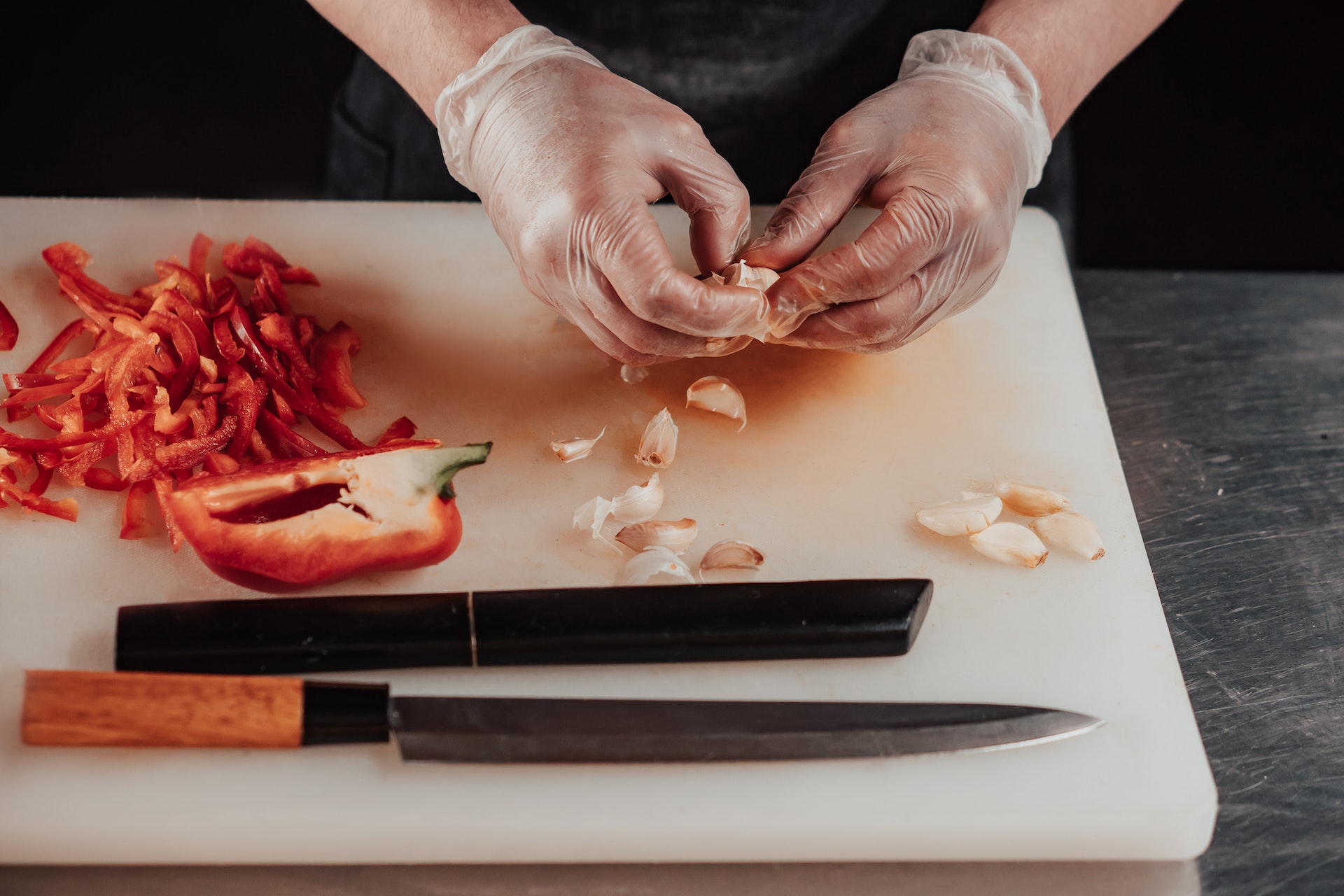
Ways to Reduce Food Waste
Love Food Hate Waste provide lots of useful information on preventing food waste.
Reuse
Recycle
Examples of the types of materials that can be recycled include:
Discover the proper way to dispose of and recycle household items. Get useful tips by searching for an item to see if it’s permitted in your Blue Bin by following the link below.


